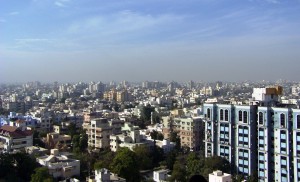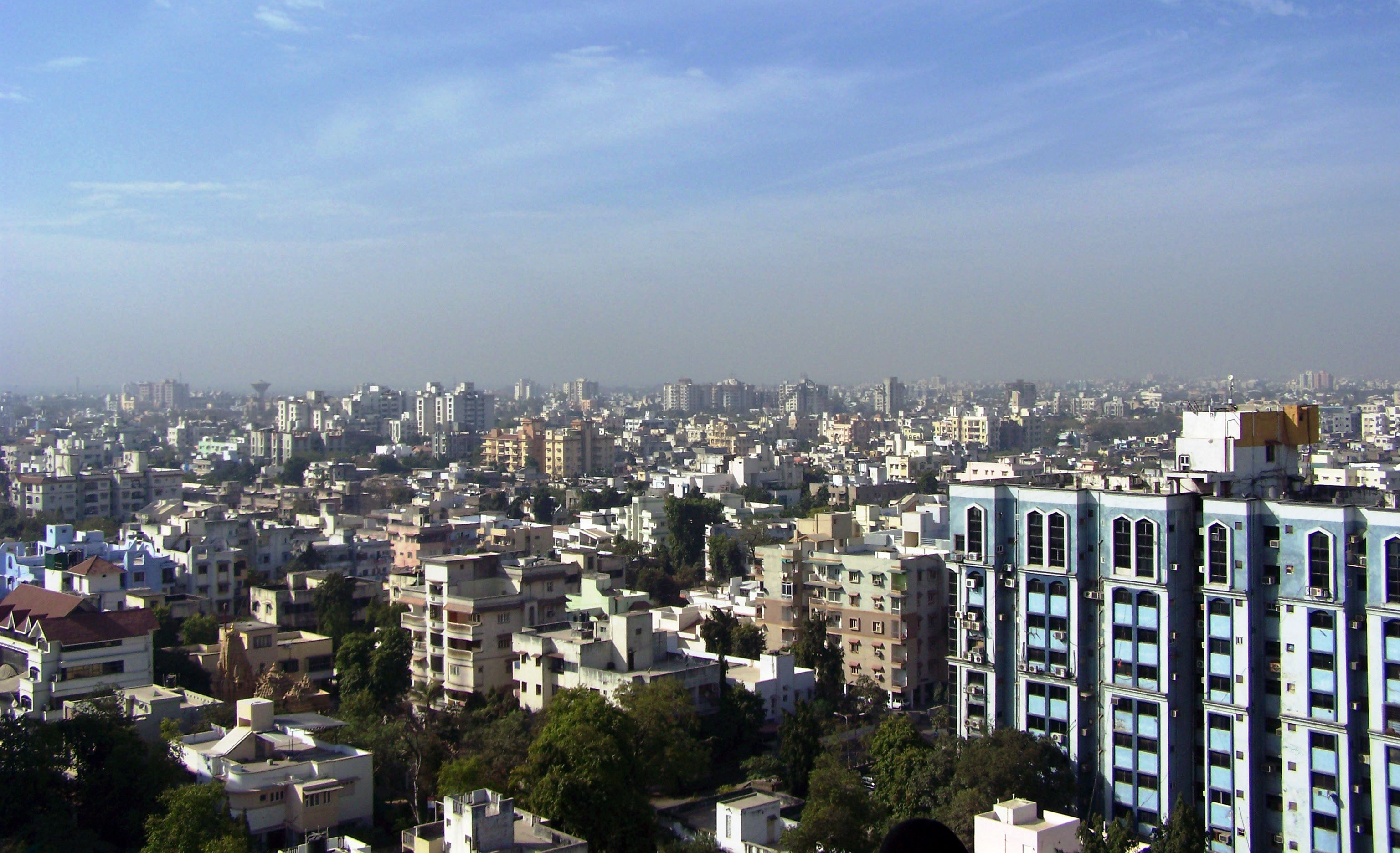Bottom Line: It seems the entire peninsular city of Mumbai is poised for redevelopment and the government estimates of 16-17 thousand declared dilapidated buildings are mere a modest government admission.
 Real estate world over in every given segment is apprehensive of demand-supply dynamics where over-supply in any given market leads to saturation. However, the Mumbai market which has, of late, been witness to large scale redevelopment projects faces a unique challenge of more supply and even more demand of more redevelopment.
Real estate world over in every given segment is apprehensive of demand-supply dynamics where over-supply in any given market leads to saturation. However, the Mumbai market which has, of late, been witness to large scale redevelopment projects faces a unique challenge of more supply and even more demand of more redevelopment.
Developers operating in the redevelopment space are bullish that their area of specialisation does not have a saturation point or over-supply at any foreseeable future. Analysts believe the land crunch constraint that the city faces since many years can be solved only through massive redevelopment.
There are around 20,000 societies which need redevelopment as of now. There are 17,000 ceased buildings which need redevelopment, including cluster-development. Then there are thousands of MHADA tenements who are waiting for redevelopment. Therefore, reaching the saturation point is a distant future because redevelopment is the urgent need of the hour for the requisite facelift of the city.
Redevelopment realities
Nearly two-third of Mumbai buildings need redevelopment
16-17 thousand declared dilapidated buildings in Mumbai, as per the government admission
Around 20,000 societies need redevelopment
Only around 1500 buildings have gone for redevelopment
17,000 cessed buildings and over 3,000 MHADA (Maharashtra Housing and Area Development Authority) structures are waiting for redevelopment proposals
New DCR (Development Control Rule) has created level playing field and encouraged more redevelopment projects
In Mumbai there are various limitations in redeveloping like coastal regulatory zone, railway line restriction, civil aviation etc
A long standing demand of increasing the FSI has though been granted by the government in south Mumbai
Nimish Ajmera, Director, Ajmera Realty & Infra says redevelopment is the only solution if Mumbai is to develop into an international city. Mumbai consist of many old buildings and bungalows that are being redeveloped. With land parcels for development in the city reaching saturation point, in the years to come redevelopment is the only option in Mumbai. Redevelopment in Mumbai is still in its nascent stage hence it will be very difficult to comment on its saturation point
“If FSI norms are relaxed to an extent it will certainly boost the market segment as it will motivate the developers to redevelop majority of the projects which will prove to be the win-win situation to the tenants and the developers at the same time. Although currently there are certain areas in the city which avail the relaxations of the new FSI norms but still do give enough benefits to the members & the developer, thereby, making the project technically unviable. Such properties should have a special consideration from the authorities on case to case basis,” says Ajmera.
Rajesh Vardhan, MD, Vardhman Group agrees that redevelopment is the only solution in Mumbai’s growth and does not foresee the saturation in redevelopment for another 200 years. If we see out of 18000 and odds cess buildings only, 1500 buildings have gone for redevelopment. With this pace and various challenges it will take more than 200 years.
“By the time the redevelopment reaches saturation the MMR region, which is under faster development will be available for redevelopment. The FSI relaxation is not the solution to avoid saturation in redevelopment but the overall growth of Mumbai & the MMR Region, has to be seen. And the need of the dream home of people has to be achieved,” says Vardhan.
Diipesh Bhagtani, Executive Director, Jaycee Homes refers to the reports that suggest there are over 20,000 housing societies, 17,000 cessed buildings and over 3,000 MHADA (Maharashtra Housing and Area Development Authority) structures, which are waiting for redevelopment proposals. He says the numbers speak for themselves.
“Mumbai has large pieces of land which are currently reserved as mill lands and salt pans. Over a period of time, with growing population and scarcity of land, the land price will go up forcing these businesses to move to a place which has land availability with cheaper options or these businesses will fails as there will be no profitability. This will serve as an option then,” says Bhagtani.
Asit Koticha Promoter Pashmina Developers also questions that if in another 10-15 years the developers scale up the redevelopment work and fulfil the target that exists now, will there be no more old buildings ready for redevelopment. A firm believer of speeding up the redevelopment efforts, he says the cities world over are going through this transition process and Mumbai is no different.
“If you look at New York, Hong Kong, London etc you will realise how much Mumbai needs to do more to look like a modern global city. I would rather say that in Mumbai there are various limitations like coastal regulatory zone, railway line restriction, civil aviation and all these archaic laws are being applied without any scientific logic to it. Cities across the world are built above railway tracks, but here you have to maintain all the distances,” cribs Koticha.
A long standing demand of increasing the FSI has though been granted by the government in south Mumbai which is a good move to take the development vertical in a land starved city of Mumbai. Analysts agree that this alone will not help in making redevelopment saturation proof.
If the government creates more industrial zones and offers incentives on land, power and tax to existing industries in Mumbai to shift their work place to these industrial zones, Mumbai will grow like a global city and thus make redevelopment completely saturation free.





